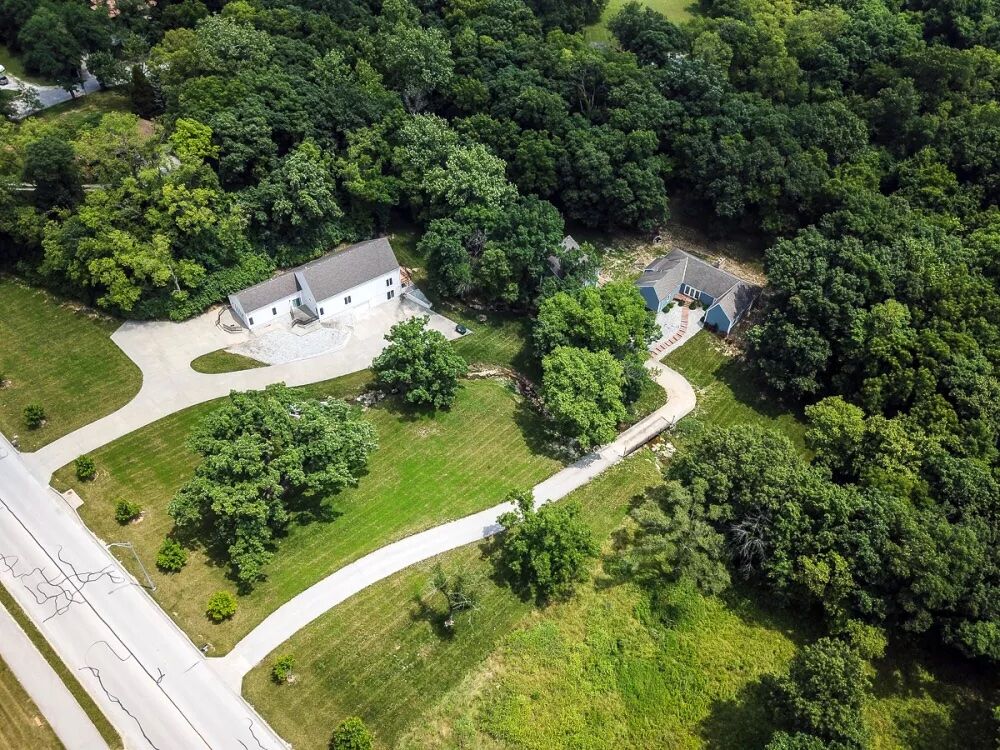With a real estate auction, YOU are in control. As a seller, you can set a reserve price. The reserve price is the minimum amount of money you will accept for your property.

Mar 01, 2022
Estimated Reading Time: 4 minutes
Table of Contents
Real Estate Auction Sellers: What Is a Reserve Price?
Understanding the Reserve Price
Understanding the Starting Price
What Are the Benefits of a Reserve Price?
What Are the Disadvantages of a Reserve Price?
Is There an Advantage To Selling My Home Through A Real Estate Auction?
What Happens When the Reserve Is Not Met?
Should You Use a Reserve Price When You Sell Your Home At Auction?
Real Estate Auction Sellers: What Is a Reserve Price?
Understanding the Reserve Price
There are two different ways to utilize a reserve when selling your real estate at auction.
One method is to use a minimum published bid. The minimum published bid is just like it sounds, there is a specific number that is made known to the public as the minimum amount a seller will accept in the real estate auction. This number is typically an amount below market value and serves as a starting point for bidders. The minimum published bid real estate auction sends a clear message to the public that once the bidding has started, the property is indeed going to be sold. How much the property sells for is up to the bidders as they compete to determine market value.
Another method is an undisclosed reserve real estate auction. With this method, the reserve price is confidential information only known by the seller and the real estate auction company. The reserve price is an amount that is mutually agreed upon by the seller and the real estate auctioneer.
Understanding the Starting Price
The starting price for a real estate auction will vary and is dependent on the type of auction being conducted.
If the property is being sold using a minimum published bid auction as stated above, the minimum published bid amount will be the starting price.
If the property is being sold with an undisclosed reserve, the starting price will typically be an amount below market value that has nothing to do with the value of the property. In a real estate auction it is important to allow the bidders the opportunity to place their bid, and through competition, determine the market value of a property.
In addition to selling your real estate at auction with a reserve, a third option does exist. This option is known as an absolute or no reserve auction. The starting price in an absolute or no reserve auction is very similar to the undisclosed reserve starting point and will typically be a number below market value that will have nothing to do with value of the property.
What Are the Benefits of a Reserve Price?
A reserve price ensures that you as a seller will not sell below your lowest acceptable price.
What Are the Disadvantages of a Reserve Price?
There are very few disadvantages to having a reserve price for your real estate auction in today’s market. In a slower market where a property has been on the market for a long period of time prior to being offered at auction, and has not sold, an undisclosed reserve may discourage participation and bidding. In this instance a minimum published bid or no reserve auction may be the best option.
If you are not sure which method is the best for you, a free no obligation evaluation is always available.
Is There an Advantage To Selling My Home Through A Real Estate Auction?
Selling your real estate at auction can bring you more money and give you more control over the selling process.
According to an article in Forbes magazine, there are 4 reasons to sell your home at an auction:
- There's no ceiling in a competitive market
- Save time and money in a slow market
- An Auction attracts serious buyers
- You know the exact date your home will sell
The terms of the auction are set by the seller, who can make sure the auction parameters meet their specific needs.
What Happens When the Reserve Is Not Met?
When the reserve price is not met, you are not required to sell. There are different options available to a real estate seller in this case. In some cases, the property is sold through negotiation with the high bidder. Of course, the seller always has the option to lower the reserve and accept the high bid in the auction.
Should You Use a Reserve Price When You Sell Your Home At Auction?
There is more than one way to sell your home at auction. You can use the absolute auction method or put a reserve or minimum price on your property.
When there is no reserve placed on the property, it maximizes participation, which increases the opportunity for a bidding frenzy and results that can exceed a seller’s expectations.
It all comes down to your risk tolerance and ability as a seller. In most cases, a reserve is the preferred choice for selling your real estate at auction. If you would like to learn more about selling your real estate at auction and which method is right for you and your specific needs, we are here to help guide you through the process.
If you have any questions on using a business liquidation auction, please call us at 816.384.0095 or fill out this form and we will be in touch.